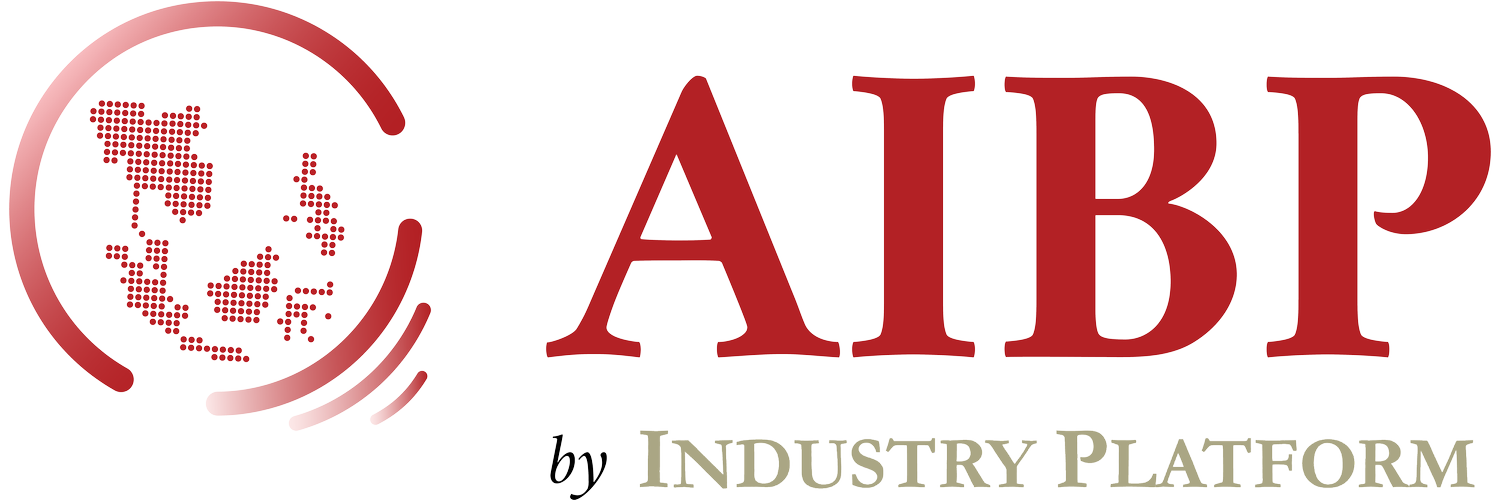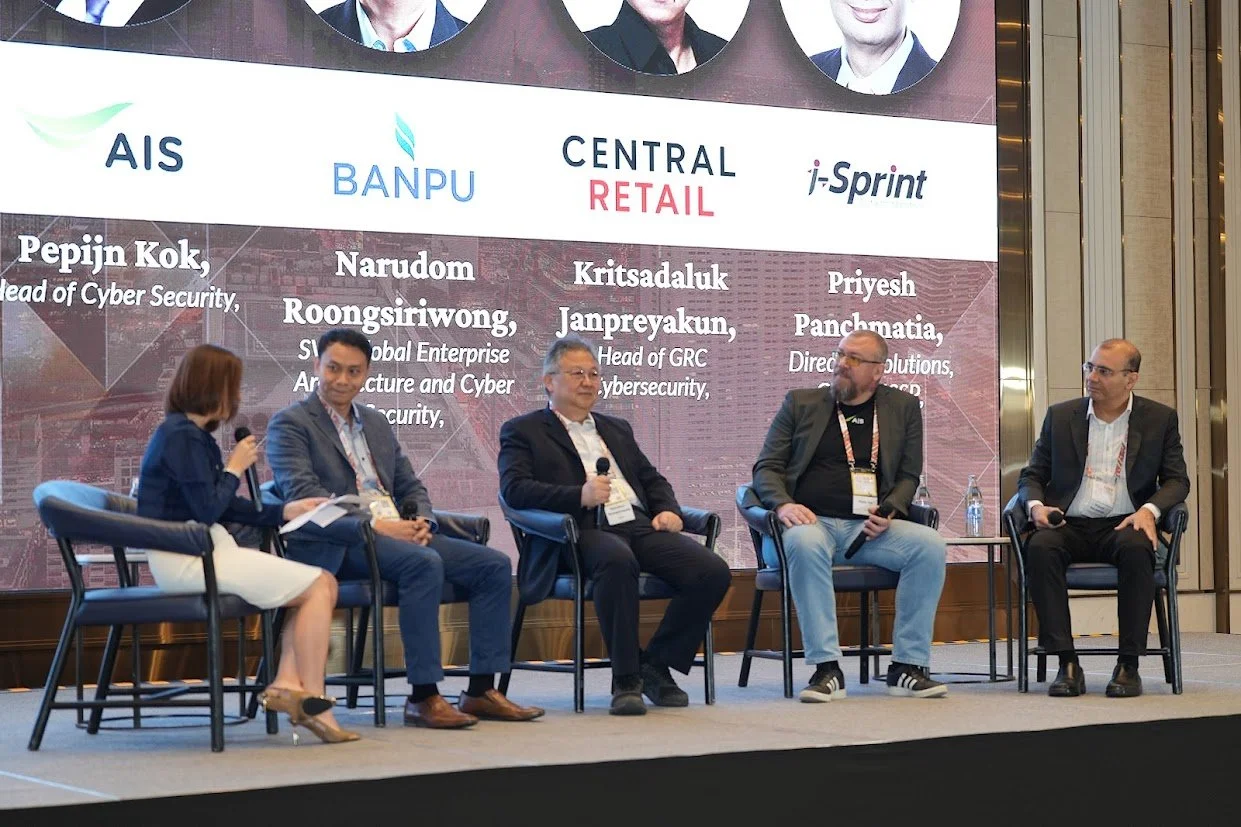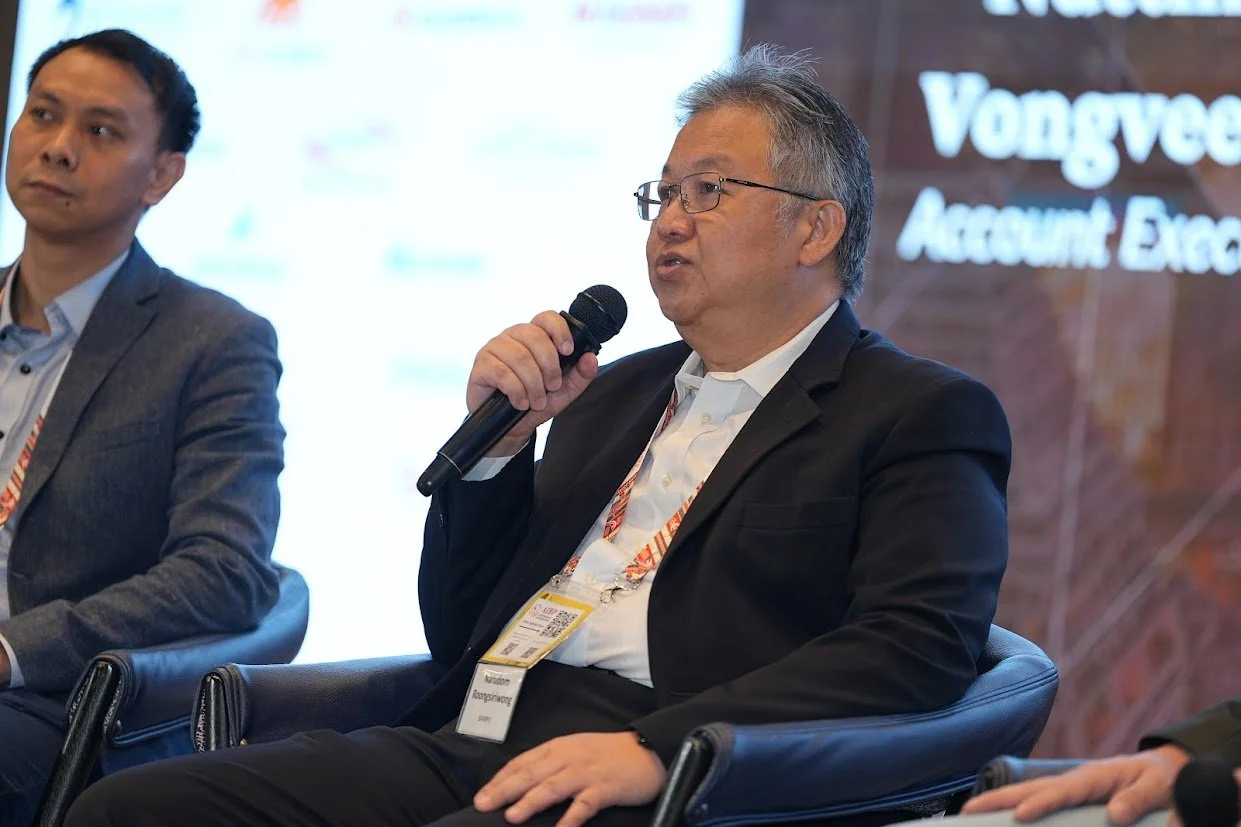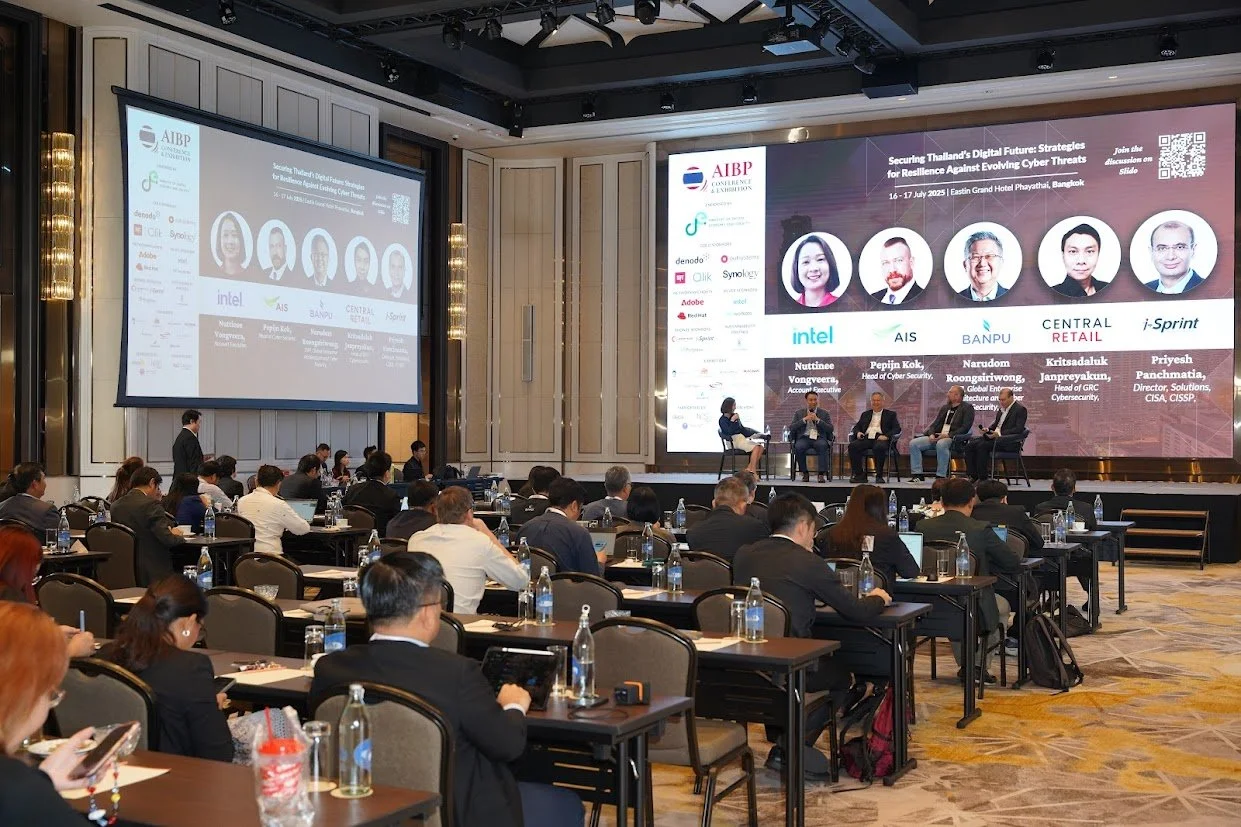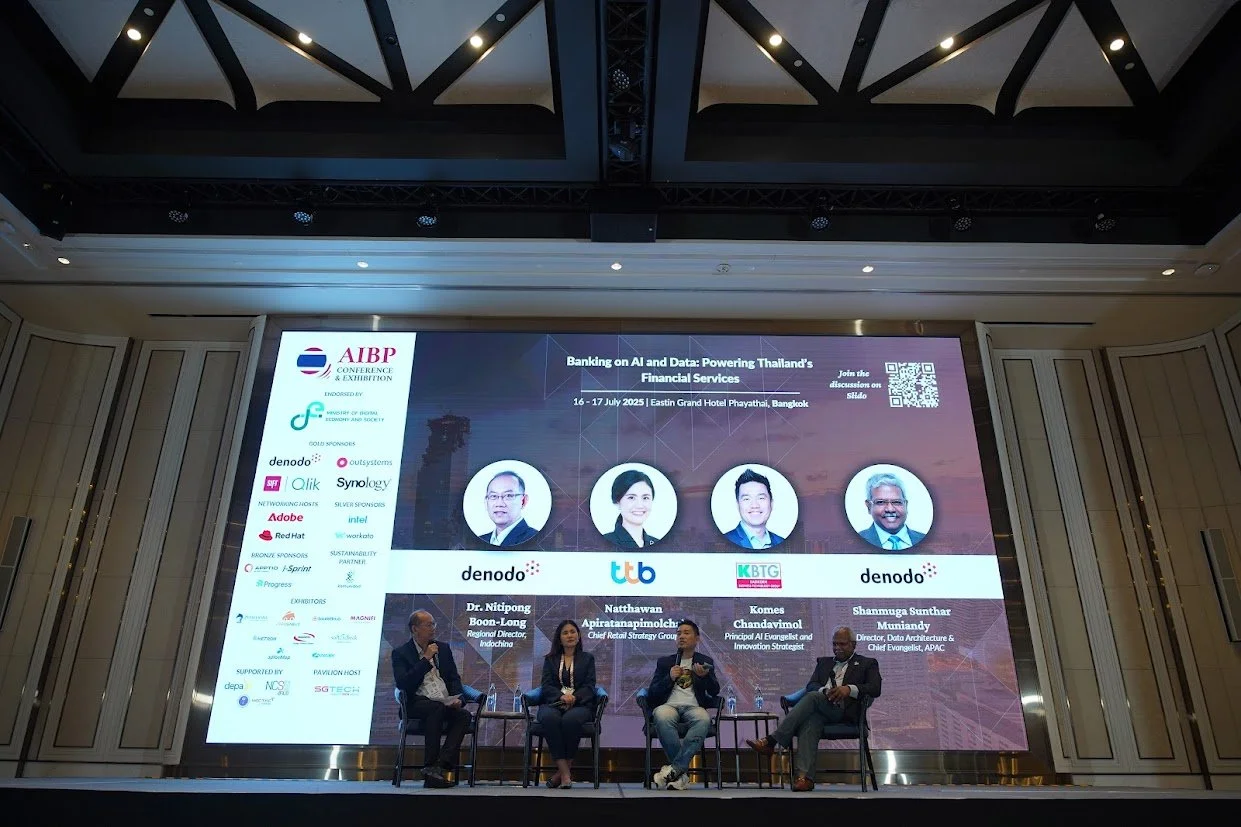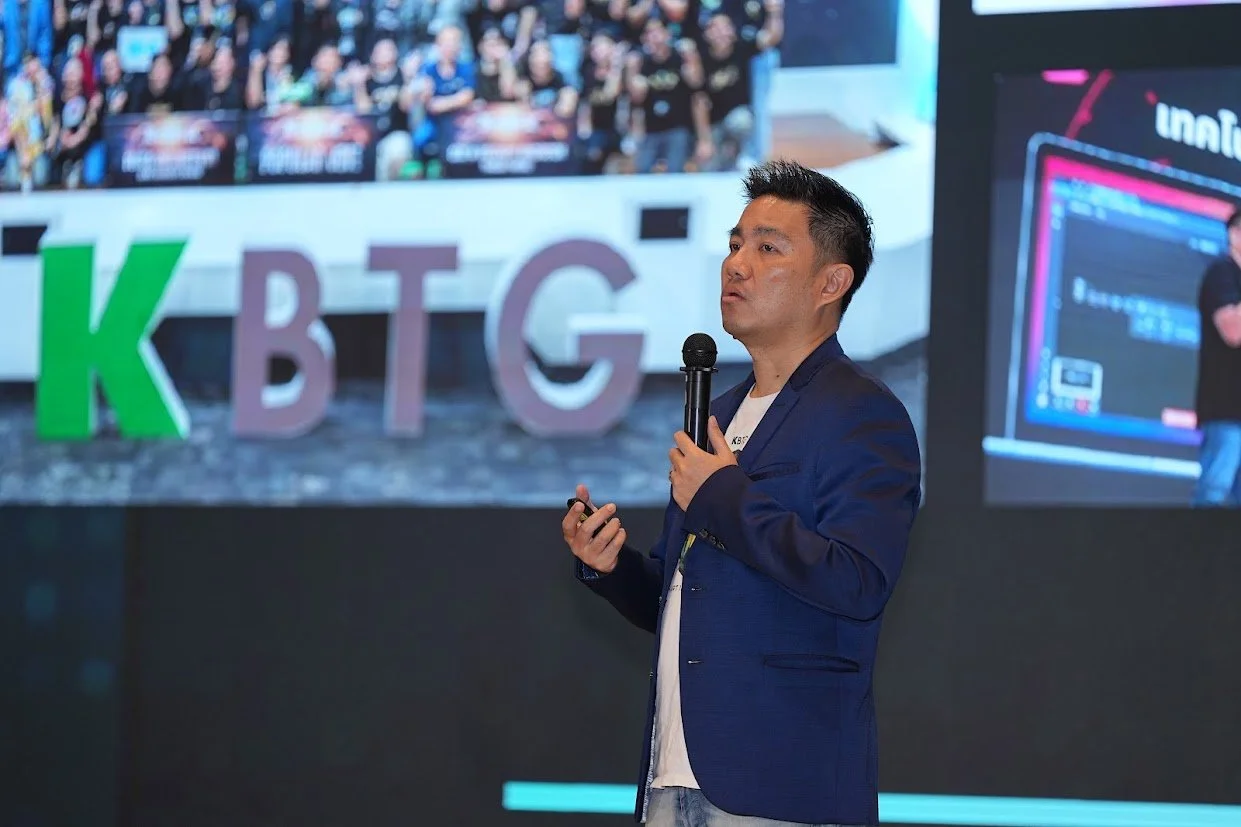Fortifying Thailand’s Digital Core: Day 2 Insights on Cyber Security, AI in Practice, and Talent Readiness
Day 2 of the AIBP Conference & Exhibition Thailand 2025 highlighted the critical enablers required to sustain Thailand’s digital transformation. These include robust cyber security, AI-powered business intelligence, and a digitally empowered workforce. As digital technologies become deeply embedded across industries, the conversations shifted toward long-term resilience, ethical innovation, and organisational readiness. Speakers across sectors emphasised that the pace of digital adoption must be matched with strategic safeguards and human-centric planning. Transformation is not only about adopting new tools. It is about securing trust, aligning systems, and preparing people.
The sessions revealed a cohesive narrative. To compete and thrive in the AI era, enterprises must anticipate threats, activate their data, and amplify human potential. Cyber security must move beyond reactive defence and become a proactive posture. AI must shift from hype to high-impact deployment. Workforce strategies must not only train people to use tools but also empower them to adapt continuously. These themes unfolded through a series of in-depth panels and case studies focused on cyber resilience, financial services innovation, and talent transformation.
Cyber Security Reimagined: Securing Thailand’s Digital Future
The day opened with an urgent discussion on cyber security in an AI-powered world. As digital adoption accelerates, so do cyber threats, from ransomware to supply chain breaches. The panel featured insights from enterprise cyber security leaders who explored how organisations are responding to these risks with smarter, more adaptive defences.
Pepijn Kok, Head of Cyber Security, AIS, reframed the mindset required for modern security. He stated that organisations must look at security incidents as inevitable, not hypothetical. This perspective supports a model of risk management that is prepared rather than surprised.
Narudom Roongsiriwong, SVP, Global Enterprise Architecture and Cyber Security, BANPU Public Company Limited, reflected on the value of timeless principles. He explained that the core of cyber security still relies on authentication, authorisation, and accountability. Kritsadaluk Janpreyakun, Head of GRC Cybersecurity, Central Retail Corporation, emphasised the importance of strong governance, especially as internal systems race to keep up with evolving external threats.
Rather than focusing only on advanced tools, panellists urged organisations to return to fundamentals. Cyber hygiene, clear accountability, and cross-functional awareness were highlighted as essential. One panellist summarised it simply by saying it is important to clean up your house. The message was clear. Cyber security is no longer just an IT concern. It is a business imperative that must be embedded into every level of the organisation.
AI and Data in Financial Services: Strategic Transformation from the Inside Out
A transformative discussion followed as leaders in banking and finance shared how AI and data are reshaping customer experiences, internal operations, and long-term strategy.
Luis Carlos Cruz Huertas, Head of Engineering and AI, Core Banking Technology, DBS Bank offered a behind-the-scenes view of how over 1,500 machine learning models are integrated into everyday banking operations. From fraud detection to risk modelling and workflow automation, these models are not experimental. They power real interactions and decisions across the business. Luis explained that generative AI was not treated as a separate revolution but as a continuation of their AI maturity. It helps unlock unstructured data and enables new levels of decision support.
Panellists explored real applications such as real-time intent detection, productivity improvements in contact centres, and enterprise knowledge platforms that combine dozens of internal sources. Natthawan Apiratanapimolchai, Chief Retail Strategy Group, TMBThanachart Bank, described their shift to ecosystem-based banking models designed to serve customers more holistically. Komes Chandavimol, Principal AI Evangelist and Innovation Strategist, KBTG, stressed the need to adopt AI with a human-first approach, combining ethical awareness with internal upskilling.
The consensus was that successful AI transformation is not built on one-off use cases. It requires clear governance, scalable infrastructure, and systems that continuously adapt to business and customer needs. The goal is not to replace human decision-making but to enhance it with meaningful support.
Upskilling for Digital Resilience: Empowering Thailand’s Future Workforce
The final session focused on people as the true engine of digital transformation. As organisations adopt AI and automation, success increasingly depends on a workforce that is confident, capable, and supported.
Komes Chandavimol shared the results of KBTG’s company-wide AI literacy program. The program reached 100 percent of employees and achieved a 90 percent satisfaction rate. He emphasised that AI literacy should be mandatory across functions, not limited to technical teams.
Veeramol Chongchansittho, SVP, Head of Central Retail Academy, Central Retail, explained their approach to segmenting staff by digital readiness. By tailoring programs to different learning needs, they ensure employees can productively engage with AI in their daily work. The goal is not just adoption but empowerment.
Panida Anukul, Group Director - People Transformation & Talent Management, Minor International reminded the audience that digital transformation is also a leadership challenge. In her words, the world is getting harder to predict, and leadership will play a very important role in building a culture of transformation. The panel reinforced the importance of curiosity, ongoing education, and an open environment that encourages experimentation and change.
From company-wide training to targeted development, the session made it clear that tools are only part of the equation. The real driver of innovation is people who are supported and inspired to lead it.
Day 2 of AIBP Thailand 2025 delivered a strong call to action. Cyber security, AI transformation, and workforce development must be pursued in tandem. Each is essential to building a secure, innovative, and adaptable digital economy.
Cyber security requires a proactive culture supported by smart processes and clear governance. AI must move from technical proof of concept to scalable impact. Talent strategies must prioritise learning, inclusion, and leadership. Across all three themes, the message was consistent. The future belongs to those who are secure, data-driven, and human-led.
